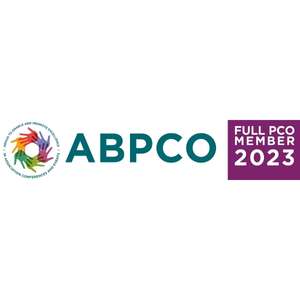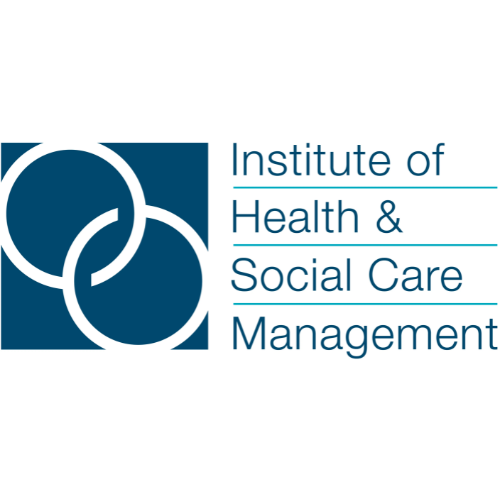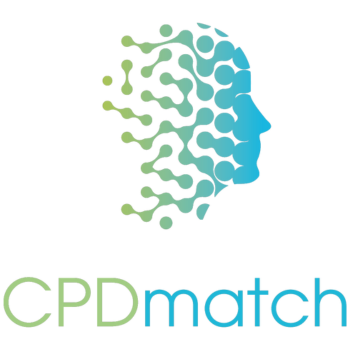08:00
Registration, Networking & Breakfast
Registration, Networking & Breakfast
08:55
Welcome to Summit by RCGP, RCN, RCPsych
Welcome to Summit by RCGP, RCN, RCPsych
09:00
Chairs Opening Address - Dr. Éamonn O'Moore (Please Expand)
Dr. Éamonn O’Moore MD FFPH
Director of National Health Protection
National Health Protection Service of Ireland
Chairs Opening Address
Chair: Dr. Éamonn O'Moore, Director of National Health Protection, HSE/HSPC, Republic of Ireland.
09:10
Keynote Presentation - Curiosity/Civility/Collaboration
Professor Nicola Ranger
Chief Nurse
Royal College of Nursing
Keynote Presentation
Curiosity/Civility/Collaboration
09:30
NCEPOD Prison Healthcare Study
Dr Mark Juniper
NCEPOD Clinical Coordinator
National Confidential Enquiry into Patient Outcome and Death (NCEPOD)
NCEPOD Prison Healthcare Study
The NCEPOD prison healthcare study looks at the healthcare (physical and mental) that is provided to people detained within prisons. Information was collected at the clinical (individual person) and organisational level.
The overall aim is to identify remediable factors where healthcare/the organisation of healthcare in prisons could be improved and to highlight examples of good practice to encourage shared learning within the prison service.
09:50
Keynote Presentation - Treatment for Substance Use in Northern Ireland Prisons: findings from rapid review and consultation
Nat Wright
Primary Care Specialty Research Lead
UK National Institute for Health Research Yorkshire and Humber Clinical Research Network
Treatment for Substance Use in Northern Ireland Prisons: findings from rapid review and consultation
In January 2022, the then Northern Ireland Health and Social Care Board (which from 1 April 2022 became the Strategic Planning and Performance Group, Department of Health) commissioned Nat Wright to undertake a rapid review and consultation to understand current issues regarding demand and capacity in relation to OST and substance use issues within the prison system in Northern Ireland, including the link to community addiction services. Nat’s presentation will highlight key findings and recommendations for service development.
10:10
Headline Sponsor Plenary: Camurus -Essential Listening: Capturing the voices of lived experts to ensure equitable health for all
Mark Johnson
Founder
Lived Expert
Headline Sponsor Plenary: Camurus
Essential Listening: Capturing the voices of lived experts to ensure equitable health for all
For the past 20 years, Mark has led and been at the vanguard of the campaign around lived experience in the health and justice system. Mark will discuss the benefits of giving people a voice and involving them in the design, delivery and evaluation of healthcare services in the justice system. He will his experience of founding and leading the user-led charity, User Voice, its approach, impact and the challenges
10:30
Morning Break, Networking & Refreshments
Morning Break, Networking & Refreshments
11:30
Chairs Mid Morning Address
Dr. Éamonn O’Moore MD FFPH
Director of National Health Protection
National Health Protection Service of Ireland
Dr. Éamonn O'Moore, Director of National Health Protection, HSE/HSPC, Republic of Ireland.
11:35
Headline Sponsor Plenary: Practice Plus Group - Delivering Healthcare in Immigration Removal Centres
Dr Sarah Bromley
National Medical Director Health in Justice
Practice Plus Group
Headline Sponsor Plenary: Practice Plus Group
Delivering Healthcare in Immigration Removal Centres
Immigration Removal Centres are a small but significant sector of secure environments where healthcare is delivered. There are some specific challenges related to the environment and to the patient population. This session will explore some of these challenges and the implications for the wider secure environments.
11:55
Keynote Presentation - Mental health ‘problems’ as an unfolding dimension of social harm generated by stigma relations
Dr Michelle Addison
Associate Professor
Durham University
Mental health ‘problems’ as an unfolding dimension of social harm generated by stigma relations
This paper discusses the impact of stigma on mental health as an unfolding dimension of social harm amongst people who use drugs (PWUD). Drawing on Wellcome Trust qualitative research (24 semi-structured interviews) we show how stigmatising social relations contribute to a worsening of mental health amongst PWUD. Social relations constitute a messy ‘invisible reality’ that shapes a person’s experience in the world (Bourdieu, 1990), and are often overlooked when thinking about social determinants of health. Participants in this study experienced stigmatisation in interactions with the Criminal Justice System, health workers, friends and family, and the general public for reasons linked to drug use, gender, class, and how they looked, talked and behaved. Stigma had serious detrimental effects on mental health, including increased isolation, feelings of hopelessness, suicidal ideation, and engagement with support services. Stigmatisation shaped how participants saw themselves as a person ‘lacking’ in a valued or worthy identity. This paper draws on Tyler’s concept of ‘mechanisms of stigma’ (2020) to show that stigma permeates social relations and needs to be recognised as an unfolding dimension of social harm that negatively impacts the mental health of PWUD.
12:15
Keynote Presentation - The challenges for Treatment and Recovery of Drug Dependent People in the Secure Estate
Professor Dame Carol Black
Principal of Newnham College Cambridge and Expert Adviser on Health and Work
NHS England and Public Health England
Keynote Presentation
The challenges for Treatment and Recovery of Drug Dependent People in the Secure Estate
In 2021 when I published my review around 3 million people in England and Wales took drugs and around 300,000 users of heroin and/or crack cocaine were driving nearly half of all serious acquisitive crimes and homicides
Many of the 300,000 are cycling in and out of prison.Many on short sentences. The community and secure estate services for drug dependent people are therefore related and in many ways dependent on each other. They are inhabited by the same people. These relationships will be discussed in relations to the findings and recommendations of my 2021 review .
12:35
Health and Justice UK Summit Committee: Health and Justice Communities of Practice and Resources
Dr. Éamonn O’Moore MD FFPH
Director of National Health Protection
National Health Protection Service of Ireland
Health and Justice UK Summit Committee: Health and Justice Communities of Practice and Resources
12:40
Lunch, Networking & Refreshments
Lunch, Networking & Refreshments
13:45
Seminar 1 - (Expand for Session Details)
Seminar 1
Stream A: One year on: Embedding the Core20PLUS5 approach to tackle healthcare inequalities in the criminal justice system
Speaker: Chandraa Bhattacharya
Room: Titanic Suite
Stream B: Stepping Out, Staying Out’ - A Training Film Based on Lived Experience; Transitioning from a Secure Unit into the Community.
Speakers: Nuala Canning & Laura Ornsby
Room: Britannic Suite
Stream C: Sponsored Stream - Mersey Care: Greener, safer inhaler prescribing in secure environments: switching from metered dose inhalers to dry powder inhalers.
Speakers: Heather Ryan, Secure Division GP and Jenny Saunders, Chronic Disease Nurse from Mersey Care NHS Foundation Trust
Room: The Bridge
Stream D: Speed Stream - Neurodiversity - A review of across the South West custodial and non-custodial estate
Speakers: Marie Cunningham, Lucy Lewis, Cliff Hoyle, Mel Thomson
Room: The Andrews Gallery
14:20
Seminar 2 (Expand for Session Details)
Penny Banerjee
Consultant Forensic Psychiatrist
Rampton Hospital
George Charlton MA
Dip Couns. Dip Ed.
MBACP
Seminar 2
Stream A: Ardens Clinical Templates - Our experience in highly secure care.
Speaker: Rob Furby
Room: Titanic Suite
Stream B: Peer-support strategies to Improve successful transitions from High to Medium Secure Care for people in the Personality Care Pathway.
Speakers: Lucy McCarthy, Penny Banarjee, Caroline Forster & Charlotte Boxall
Room: Britannic Suite
Sponsored Stream C: Accord Healthcare - George Charlton MA, MBACP: The Impact of Stigma and Trauma on people who use drugs
Speakers: George Charlton MA, MBACP
Room: The Bridge
Stream D - Speed Seminar:
Speed 1: Pilot of SHOUT Mental Health messaging Support within a remand prison.
Speaker: Hayley Peek
Room: The Andrews Gallery
14:55
Seminar 3 (Expand for Session Details)
Seminar 3
Stream A: Does the Care Plan in a secure environment matter?
Speaker: Kamil Hryniewicki
Room: Titanic Suite
Stream B: Creating Social Capital Through Establishing a Peer Mentor Hub in HMP Maghaberry.
Speakers: Ruth Gray, Barry Rooney & Belind McLaughlin
Room: Britannic Suite
Stream C - Sponosored Stream - Reception to release: the role of the early days model in an integrated approach
Speakers: Sarah Rae, Integrated Mental Health and Substance Use Cluster Manager, HMP Hewell, Inclusion (part of Midlands Partnership University NHS Foundation Trust)
Vakila Steer, Integrated Mental Health and Substance Use Team Manager, HMP Hewell, Inclusion (part of Midlands Partnership University NHS Foundation Trust)
Morwenna Vaughan, Psychosocial worker, Inclusion (part of Midlands Partnership University NHS Foundation Trust)
Room: The Bridge
Stream D - Speed Seminar:
Speed 1: Dementia and Mild Cognitive Impairment in Prison (DECISION) care pathway: The development of the logic model and intervention delivery platform
Speaker: Katrina Forsyth
Room: The Andrews Gallery
Speed 2: Can we improve dementia care in prisons? Experiences of implementing the Royal College of Nursing Dementia Care Principles for People in Prison (SPACE) in a UK prison.
Speakers: Deanna Mezen & Edwina Gould
Room: The Andrews Gallery
15:30
Seminar 4 - (Expand for Session Details)
Seminar 4
Stream A: Deafness and Complex Trauma within Forensic Services: The National High Secure Deaf Service, Rampton Hospital - A Journey to a developing a healthy environment incorporating equitable Trauma-Informed care.
Speakers: Sarah Todd & Michael Colton
Room: Titanic Suite
Stream B: Management of prisoners suspected of internally secreting drugs.
Speaker: Alex Bunn
Room: Britannic Suite
Stream C - Speed Seminar:
Speed 1: Building Bridges to Eliminate Hepatitis C virus in English prisons.
Speakers: Sean Cox & Georgia Threadgold
Room: The Andrews Gallery
Speed 2: Cross-sectional screening pilot of latent TB infection (LTBI) and blood-borne viruses (BBVs) in English prisons and places of detention (PPDs)
Speakers: Chantal Edge
Room: The Andrews Gallery
16:05
Seminar 5 - (Expand for Session Details)
Seminar 5
Stream A: Living (and Dying) as an Older Person in Prison Understanding the biggest Health care challenges for an ageing prisoner population.
Speaker: Miranda Davies
Room: Titanic Suite
Stream B: Brain Injury in the Criminal Justice System – Breaking the Silence.
Speakers: Professor Nathan Hughes, Hope Kent, Gemma Buckland & Dr Czarina Kirk
Room: Britannic Suite
Stream C - Speed Seminar:
Speed 1: What factors contribute to people experiencing difficulties when transitioning from one criminal justice setting to another?
Speakers: Caryl Watkins & Mike Vigar
Room: The Andrews Gallery
Speed 2: The management of self- harm in a female prison- a multiagency approach.
Speakers: Anna Motz, Sarah Allen & Vicky Robinson
Room: The Andrews Gallery
7pm Arrival for Drinks reception
7:30 Sit down for Dinner
7:35pm Dinner begins
We welcome a short presentation from Project 180 between courses.
10:45pm Dinner and drinks to finish
** Pre booking for Dinner is required**
08:00
Registration, Networking & Breakfast
Registration, Networking & Breakfast
09:00
Chairs Opening Address - Kate Davies CBE, National Director for Armed Forces, Health and Justice and Sexual Assault Services, NHS England
Kate Davies CBE
National Director for Armed Forces, Health and Justice and Sexual Assault Services
NHS England
Chairs Opening Address - Kate Davies CBE, National Director for Armed Forces, Health and Justice and Sexual Assault Services, NHS England
09:10
Keynote Presentation - The Profile and Characteristics of Young People Accessing Recently Implemented Forensic Child and Adolescent Mental Health Services (FCAMHSNI) in Northern Ireland
Dr Frances Caldwell
Specialist Forensic Psychologist
Forensic CAMHS NI – South Eastern HSCT
Dr Phil Anderson
Consultant Forensic Psychiatrist
Forensic Child and Adolescent Mental Health Service for Northern Ireland [FCAMHSNI], South Eastern HSCT
The Profile and Characteristics of Young People Accessing Recently Implemented Forensic Child and Adolescent Mental Health Services (FCAMHSNI) in Northern Ireland
A summary of the profile of young people who have been referred and accepted by Forensic CAMHS NI over a 5 year period, from 2018 – 23, allowing for a comparison with those referred to FCAMHS services in England and Wales.
09:30
Keynote Presentation - The National Women’s Prisons Health and Social Care Review
Vanessa Fowler
Deputy Director of Specialised Mental Health, Learning Disability/ASD and Health & Justice
NHS England, South East Region
Emma Sweet
Lived Experience Lead for the Womens Review
Mahala McGuffie
Head of Better Outcomes for Women in Custody
HMPPS Women’s Directorate
Keynote Presentation
The National Women’s Prisons Health and Social Care Review
This presentation provides a preview of the National Women’s Prisons Health and Social Care Review prior to its anticipated publication this Autumn, 2023. The review was commissioned by NHS England in partnership with HMPPS. The presentation will describe the approach undertaken by the Review and the core themes found across its work. The presentation will also provide an insight into the approach that will be adopted to enabling the implementation of its jointly agreed Strategic Recommendations’
09:50
Keynote Presentation - From Protectionism to Progress
Sarah Hume
Principal Psychologist
Irish Prison Service
Enda Kelly
National Nurse Manager
Irish Prison Service
From Protectionism to Progress
Sarah Hume & Enda Kelly have worked together collaboratively since 2016 on various projects as co-leads in policy and practise development in the management of self-injury and suicidality in custody, and food refusal. This presentation will explore the features of silo working that existed historically in the Irish Prison Service between Psychology and Healthcare. It will describe the critical moments, decisions and approach that shaped the future. It will introduce two significant projects that spearheaded change in our joint working practises and became the bedrock of a truly more joined up approach. It will introduce a Mentalisation Based Therapy approach to joint working and the critical success factors that are needed to make collaboration work. It will highlight the ongoing challenges that persist in our efforts to work collaboratively and share our reflections and learning to date.
10:10
Headline Sponsor Plenary: Drug Recovery Wing – HMP Featherstone
Samantha Evans
Recovery Worker DRW
Inclusion NHS
Mark Grantham
Drug Strategy Lead - HMP Featherstone
HMPPS (His Majesty’s Prison and Probation Service)
Kayleigh Evans-James
Deputy Head of Healthcare HMP Featherstone
Practice Plus Group
Headline Sponsor Plenary: Ethypharm
Drug Recovery Wing – HMP Featherstone
HMP Featherstone has been a prison which experienced high numbers of psychoactive substance use, reporting some of the highest incidents in West Midlands region – this was having severe impact throughout the prison regarding people’s recovery, people’s health and safety and high risk activities throughout the establishment. The prison service acknowledged these challenges and in line with the Government’s 10 year ‘harm to hope’ strategy, they were successful in winning the bid to be 1 of 6 prisons in the country to have the opportunity for a Drug Recovery Wing (DRW) and provide a place to build recovery and deliver structured interventions to the residents at this establishment. Mark is the Project Lead for DRW at HMP Featherstone and Kayleigh supports from Healthcare perspective. They have successfully developed the DRW and gained additional staffing to be based solely on this wing, such as Sam who the is Psychosocial DRW Lead and delivers community based interventions where peers help co deliver interventions and support each other with their recovery. All three services have worked together to develop the DRW and will present together as a holistic partnership, which has shown to be beneficial to the people who reside on the DRW. Their presentation will discuss the Drug Recovery wing ethos and culture, the whole partnership approach (Prison, Healthcare and Psychosocial) and the Naloxone mission!
10:30
Morning Break, Networking & Refreshments
Morning Break, Networking & Refreshments
11:10
Chairs Mid Morning Address
Kate Davies CBE
National Director for Armed Forces, Health and Justice and Sexual Assault Services
NHS England
Kate Davies CBE, National Director for Armed Forces, Health and Justice and Sexual Assault Services, NHS England
11:15
Headline Sponsor Plenary: Oxleas - Creating a trauma-informed culture in the Care and Separation Unit, HMP Wandsworth
Dr Varinder Panesar-Talbot
Consultant Forensic Psychologist
HMP Wandsworth, Oxleas NHS Foundation Trust
Hannah Ronald
Head of Safety
HMP Wandsworth
Jessica Bosi
Custodial Manager of Safer Custody
HMPPS
Headline Sponsor Plenary: Oxleas
Creating a trauma-informed culture in the Care and Separation Unit, HMP Wandsworth
HMP Wandsworth is a large, fast paced, high churn, remand, old Victorian, inner-London prison which benefits from a healthcare and operational leadership team that is invested in changing its culture, but it has been tough to know how to start. We are excited to share our journey in making the Care and Separation Unit ('seg' or 'block') more trauma-informed in its approach to working with individuals who challenge the prison system the most because of their risky behaviours and complex physical, social, emotional, and/or behavioural vulnerabilities. We are pleased to have senior prison governors join us to share initial outcomes, progress and barriers we have encountered, how we have overcome them, and what has helped us to work together in our overarching aim: to deliver an integrated service to those in our care who need a 'whole prison' approach to managing their behaviour.
11:35
Headline Sponsor Plenary: SONAR CMS
Headline Sponsor Plenary: SONAR CMS
11:55
Keynote Presentation - Working with complexity and keeping hope alive
Dr Sarah Allen
Lead Psychologist for CNWL Health and Justice Services
CNWL NHS Trust
Dr Frances Maclennan
Consultant Clinical Psychologist/Clinical Lead for the Male Service Line/Health and Justice Services Directorate
Central and North West London NHS Foundation Trust
Working with complexity and keeping hope alive
This plenary will consider how complexity exists and operates in prison healthcare work; how it manifests in the system, in the people we work with, in relationships and in us as staff. We will discuss possible responses to complexity, describing some of the common personal and systemic and present an example of attempting to work directly with complexity across systems and agencies with the aim of keeping hope alive.
12:15
Keynote Presentation - Pentonville Prison Art Project: We Are What We Eat
Guy Atkins
Artist-researcher
Pentonville Prison Art Project: We Are What We Eat
“When I get hungry I get angry. Everyone does. That’s what is so stupid about the food here. It makes you angry.”
Ahmed G., member of the Pentonville Prison Art Group
In 2021, the Museum of London commissioned artist-researcher Guy Atkins to approach HMP Pentonville to see if people serving sentences would contribute to 'London Eats' – a year-long programme collecting material from people across London on the subject of food.
Ahmed G., Paul, Francisco and the rest of the prison's art group agreed to participate but made several requests. The group would create artworks and texts for the museum as long as members could give an honest account of the food at Pentonville; the museum would pay for their art materials; the art would ultimately be made public; and members could request research to help with their art, to make up for their lack of digital access.
The men’s booklet 'We Are What We Eat’ – available on the museum's website – exceeded all expectations. Together, group members produced a compelling document which unpacks the social, emotional, and physical importance of prison food. Moreover, it calls for change.
In their talk, Guy will relay themes from the men's work and consider what role museums can play in addressing issues across the public sector.
https://www.museumoflondon.org.uk/discover/we-are-what-we-eat-food-prison
12:35
Kate Davies CBE
National Director for Armed Forces, Health and Justice and Sexual Assault Services
NHS England
12:40
Lunch, Networking & Refreshments
Lunch, Networking & Refreshments
13:15
Dr Sunil Lad
National Clinical Director for Health and Justice
NHS England
13:20
Keynote Presentation- The place of prison mental health services in the national model of care
Professor Harry Kennedy
Consultant forensic psychiatrist, Professor of Forensic Psychiatry
Trinity College Dublin
The place of prison mental health services in the national model of care
How we deliver planned purposeful health services is increasingly set out in written, structured models of care. Goals, pathways and processes, treatment delivery and evaluation are the four essential elements of a model of care. The history of forensic psychiatry and mental health in prisons is currently in the form of custom and practice shaped by reports, commissions and inquiries dating back to Butler amongst many. What has been achieved? For prisons, the emphasis has been almost exclusively on diversion. But the incidence and prevalence of severe mental illnesses in prisons have changed very little. What is the situation in other countries? What is the de facto ‘custom and practice’ model of care for psychiatric and mental health services in prisons now and what should it be for the future? A model of care should focus on ensuring drug free, violence free prisons for the mental and physical health of all. It may be time to reconsider the goal of diversion for those with ‘mental ill health’ and reconsider how health resources, in particular mental health resources for those with severe mental illnesses are distributed so as to achieve the greatest health gains.
13:45
Seminar 1 - (Expand for Session Details)
Seminar 1
Stream D: Understanding and improving the transfer and remission process between prison and mental health hospitals
Speakers: Rebecca Daddow, Dr Mayura Deshpande and Dr Sunil Lad
Room: Titanic Suite
Stream E: The Impact of Project ECHO™ on the Participants.
Speakers:
* Dr Ruth Gray Assistant Director in Quality Improvement and Innovation, SEHSCT.
* Maria O Neil, Specialist Nurse, HMP Littlehey
* Jonathan Ellis, Director of Policy, Advocacy and Clinical Programmes, Hospice UK.
* Theresa Pooley, Social Care Manager, HMPPS
* Dr Annelise Matthews, HMP Littlehey
Room: Britannic Suite
Stream F: Polycrises
Speaker: Nasrul Ismail
Room: The Bridge
14:20
Seminar 2 (Expand for Session Details)
Seminar 2
Stream D: Advanced clinical practice in prison.
Speakers: Sarah Jarvis, Kath Tole
Room: Titanic Suite
Stream E: The One HMPPS approach to social prescribing.
Speakers: Robert Stanbury & Rupert Bailie
Room: Britannic Suite
Stream G: Bridging the Gaps in Women’s OPD Pathways Services in Surrey Prisons
Speakers: Sarah Linturn, Principal Psychologist/Clinical Lead – Options Service – HMP Downview – CNWL NHS Trust & Paula Charlton, Trainee Forensic Psychologist – PIPEs Service – HMP Send - CNWL NHS Trust
Room: Andrews Gallery
14:55
Seminar 3 (Expand for Session Details)
Seminar 3
Stream D: To what extent do older people on probation have their needs identified and met?
Speaker: Nichola Cadet
Room: Titanic Suite
Stream E: Lived Experience Leaders of the Womens Review share their approach to engagement, influence on the Recommendations and aspirations for implementation’
Speakers:
- Emma Sweet, Lived Experience Lead for the Womens Review
- Zoe Dieth, Amina Esat and Aly Barber -lived experience advisors to womens review
- Donna Gibson, founder EPIC consultants, lived experience provider to the womens review
Room: Britannic Suite
Stream F - Professional Nurse Advocates: Facilitating Restorative Supervision
Speaker: Kate Wales
Room: The Bridge
15:30
Seminar 4 - (Expand for Session Details)
Seminar 4
Stream D: International consensus statement on the delivery and evaluation of sport-based interventions in prison.
Speakers: Conor Murray, Brendan Coyle & Gavin Breslin
Room: Titanic Suite
Stream E: Unusual Psychiatric Presentations in Prison.
Speaker: Mark Bolstridge
Room: Britannic Suite
Stream F - Speed Seminar:
Speed 1: What aspects of a prison environment promote recovery?
Speaker: Jenni Clifford
Room: andrews gallery
Speed 2: Does peer support improve engagement with recovery-focused interventions in a secure environment?
Speaker: Mike Vigar
Room: andrews gallery
Committee closing address and Close of Event
Room- Titanic Suite


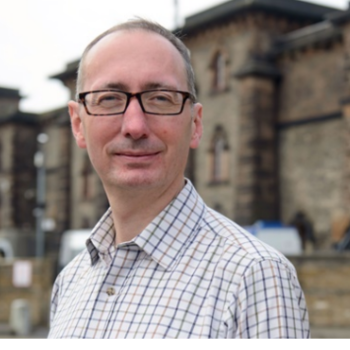


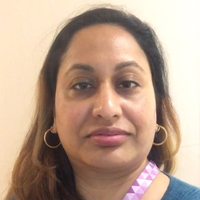








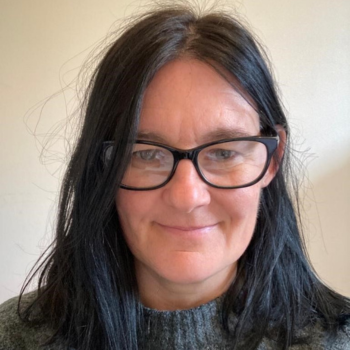


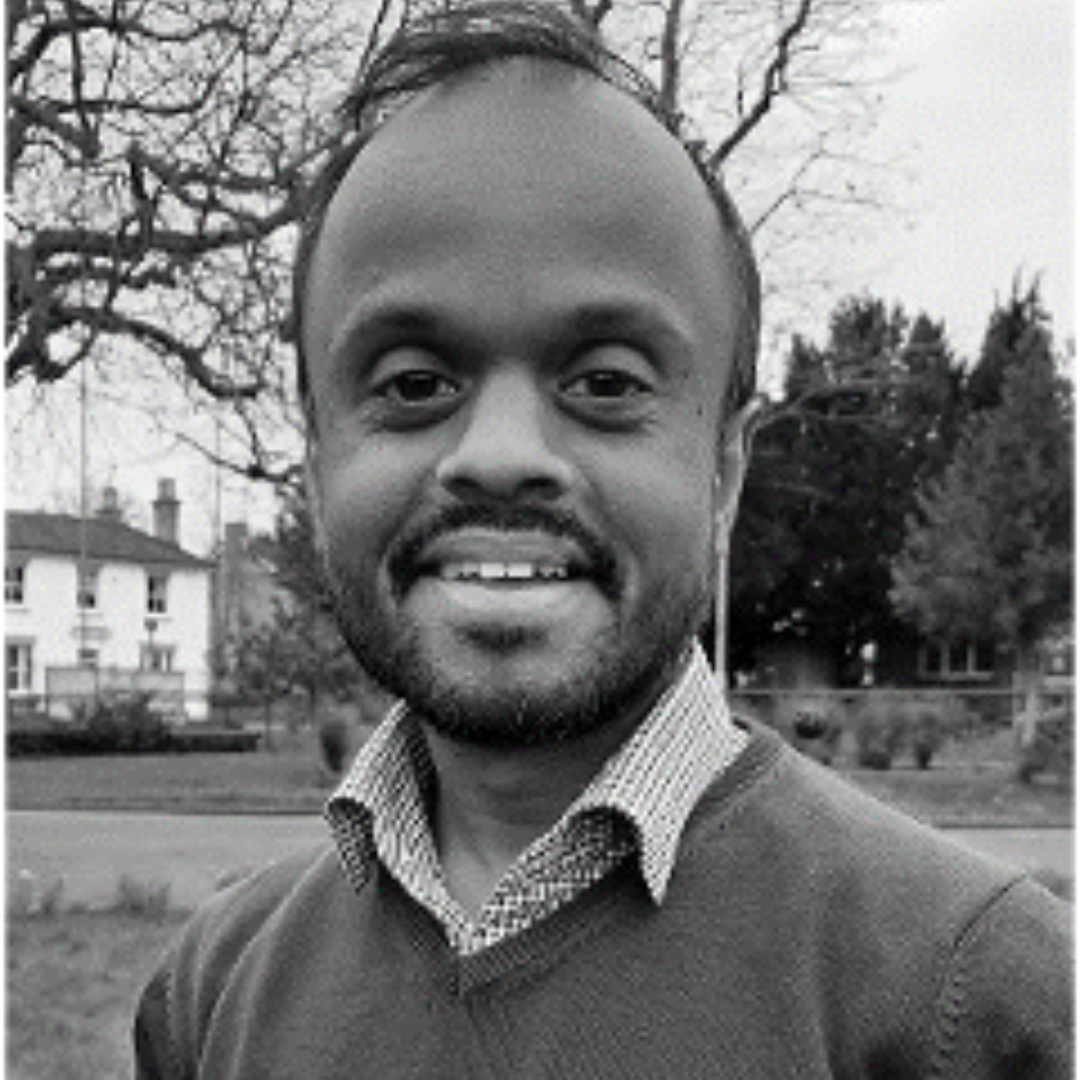








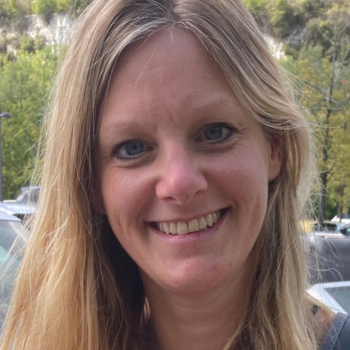
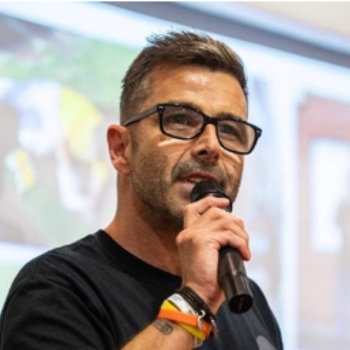








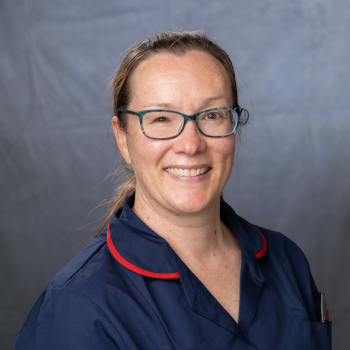

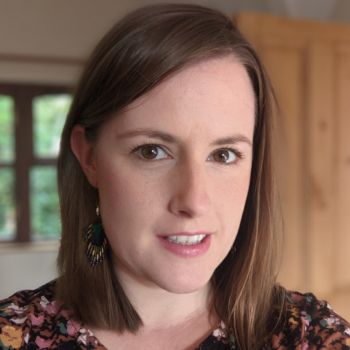







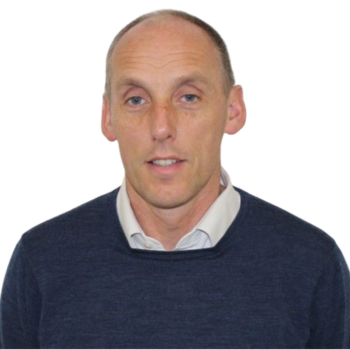



















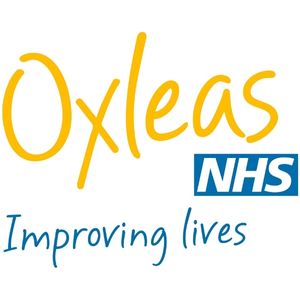

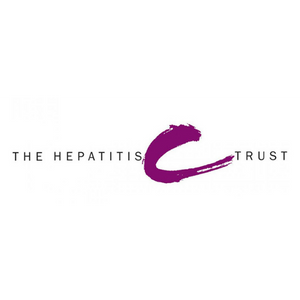



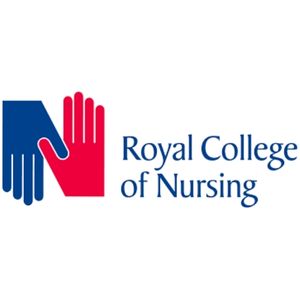
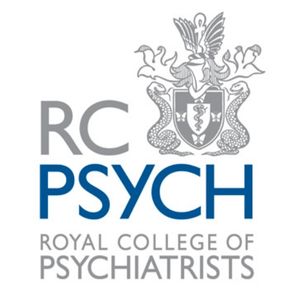




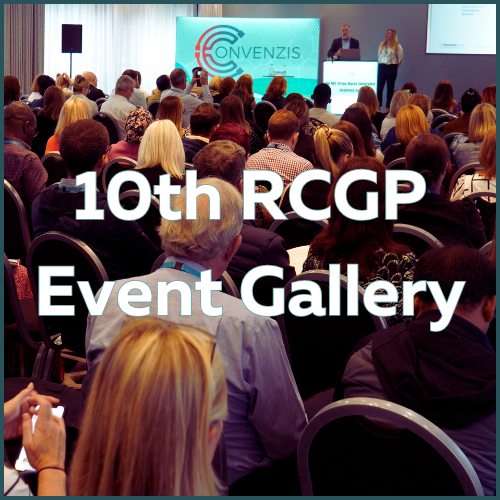 10TH RCGP, RCN & RCPSYCH Health & Justice Summit
10TH RCGP, RCN & RCPSYCH Health & Justice Summit
